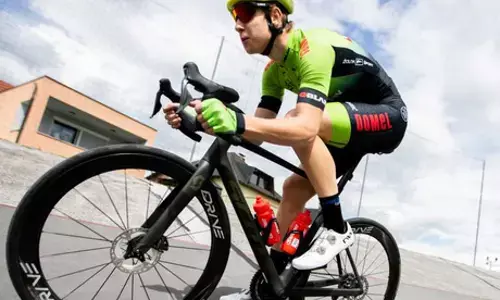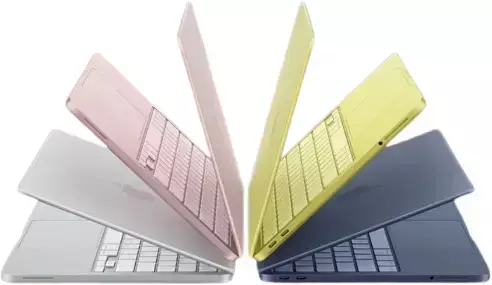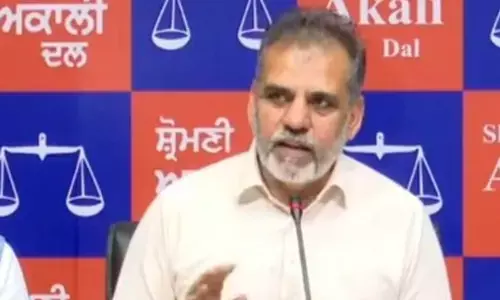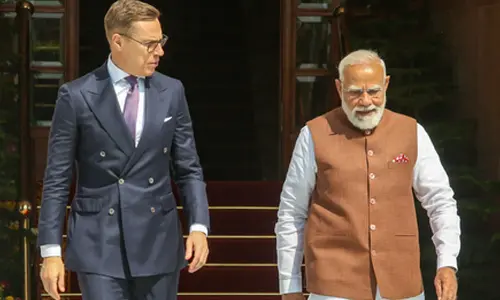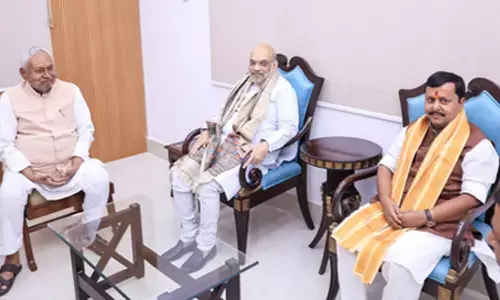Electric Vehicles penetration remains low
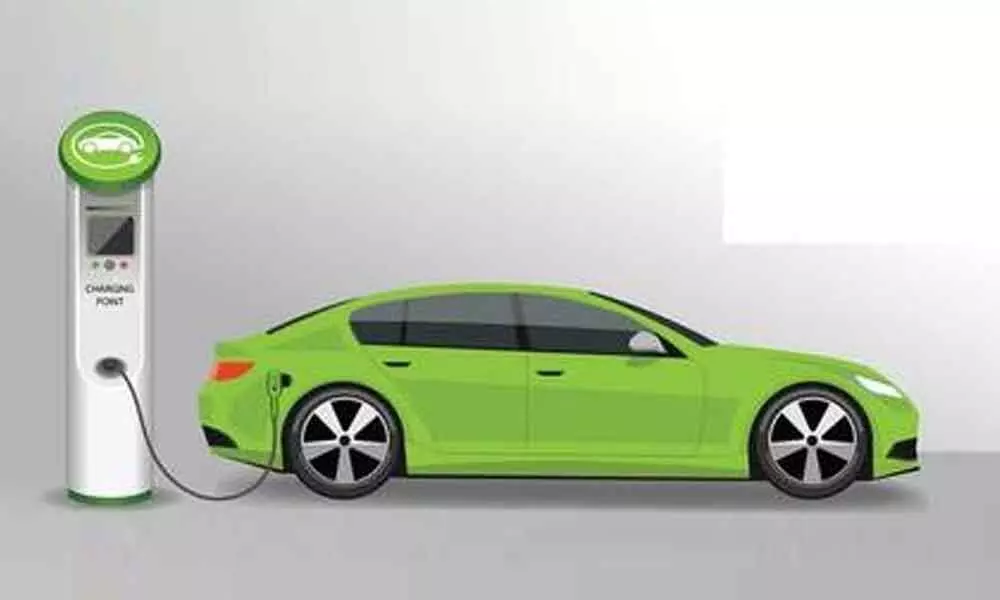
Electric Vehicles penetration remains low
Ratings agency Icra on Monday said domestic penetration of electric vehicles (EV) will remain low in the medium-term in segments like passenger vehicles (PVs) and commercial vehicles (CVs) due to high prices and lack of financial incentives from the government
New Delhi: Ratings agency Icra on Monday said domestic penetration of electric vehicles (EV) will remain low in the medium-term in segments like passenger vehicles (PVs) and commercial vehicles (CVs) due to high prices and lack of financial incentives from the government.
Unless there is standardisation of battery specifications, including charger specifications, across the original equipment manufacturers (OEMs), a meaningful success in battery-swapping adoption is unlikely, ICRA said in a statement.
Ruling out any meaningful domestic penetration of EVs in the key automotive segments like the PVs (passenger vehicles) and the CVs (commercial vehicles), ICRA cited high prices and absence of strong direct and indirect financial stimulus from the government for encouraging adoption of EVs.
"At present, FAME-II incentive for electric passenger vehicles is restricted to the commercial taxi segment only which also highlights the Government of India's awareness that the attractiveness of EVs for personal car buyers will remain distant in the near to medium term," Icra said.
The ratings agency further said the modality of vehicle financing in a battery-swappable model, where core battery is owned/leased by a third party and financiers only have control over residual vehicle, is another challenge. This apart, it said EV vendor systems need substantial investments to keep costs under check and reduce dependence on imported electronic systems.
ICRA believes that battery swapping will face strong resistance from automobile OEMs due to a possible impact on their product differentiation capabilities as well as pricing flexibility. Its acceptance therefore will be limited to certain less complex automotive sub-segments like the three-wheelers.
"Further, given the importance of battery hardware and software in the overall performance of an EV, battery swapping will face strong resistance in technologically complex products like cars or two-wheelers," the ratings agency said. ICRA Vice President & Co-Head Ashish Modani said, "The price sensitive nature of the Indian market implies the EVs need to be priced competitively, which in turn demands 'economies of scale'."
He said EV prices are currently higher than that of internal combustion engine (ICE) vehicles. This coupled with a lack of public charging infrastructure has resulted in minimal EV penetration in the country.





